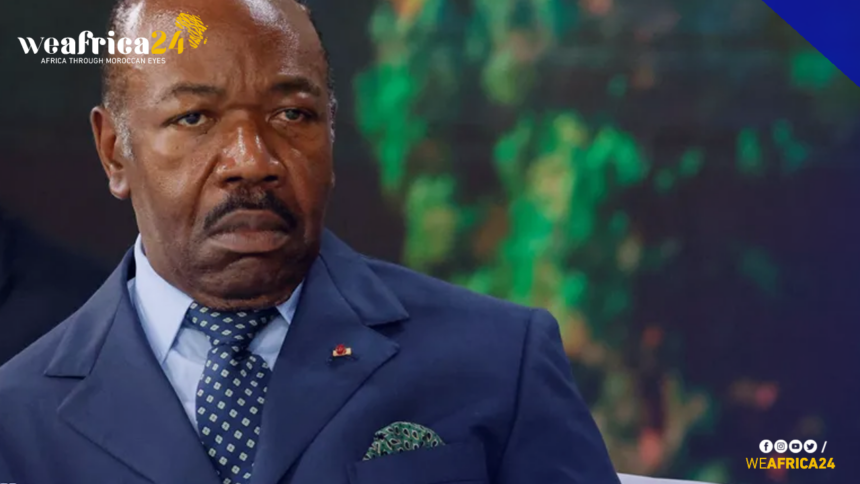In a dramatic turn of events, senior officers of the Gabonese army disclosed via state television the fate of President Ali Bongo on Wednesday. This revelation comes in the wake of their swift seizure of power shortly after the electoral commission declared Bongo’s victory for a third term.
According to the coup leaders, Gabon’s President Ali Bongo Ondimba is currently under house arrest, surrounded by his family and medical personnel. This announcement was made by the military group that orchestrated the coup in the early hours of the morning.
The statement, broadcast by members of the Transitional Committee for Institution Transition and Restoration through state television, reiterated that President Ali Bongo is under “residential constraint,” closely accompanied by his family and medical team.
Moreover, the colonel who delivered this message on Tuesday night underlined that the military, having declared the “termination of the existing regime,” has apprehended several individuals. Among those detained are Noël Denis Bonhomo Valentin, the president’s son and close adviser; Ian Ghislain Ngoulo, chief of staff for Bongo; Mohamed Ali Salio, his deputy; Abdul Hussein, another presidential adviser; and Jesse Eila Ikoga, a special adviser and official spokesperson for the presidency. In addition, the prominent figures in Bongo’s dominant Gabonese Democratic Party have also been apprehended.
These individuals have been specifically detained on charges ranging from “gross treason against state institutions and wide-scale embezzlement of public funds” to “international financial embezzlement as part of an organized gang, forgery, forging the president’s signature, corruption, and drug trafficking.”
As of yet, no reports have emerged concerning Bongo’s current location. His last public appearance was during the elections last Saturday.
For 56 years, Bongo’s family has maintained control over the oil-rich state, which paradoxically grapples with poverty. Critics and opponents argue that Bongo has taken inadequate measures to channel the country’s oil and other resources towards improving the livelihoods of its approximately 2.3 million citizens, with around one-third of them living in poverty.
The streets of Libreville, the capital city, witnessed celebratory scenes as hundreds rejoiced over the military’s announcement of seizing power in the country.
If successful, this coup will mark the eighth instance in West and Central Africa since 2020. The coups in countries like Mali, Guinea, Burkina Faso, Chad, and Niger have collectively disrupted the democratic progress in the region in recent years.







